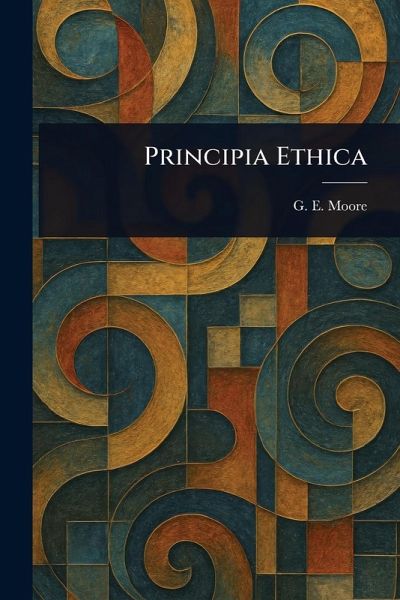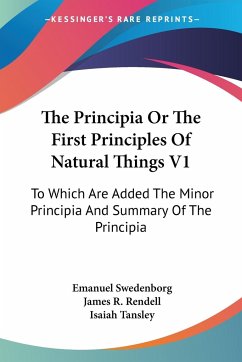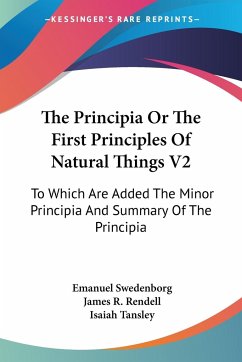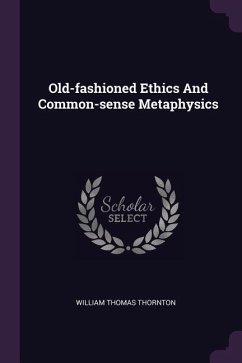
Principia Ethica

PAYBACK Punkte
10 °P sammeln!
G.E. Moore's "Principia Ethica" remains a cornerstone of 20th-century ethics and moral philosophy. This seminal work rigorously examines fundamental questions about the nature of good and the foundations of moral judgements. Moore challenges conventional ethical theories, arguing for an objective and intrinsic value of good that cannot be reduced to natural properties. Delving into the core concepts of ethics, "Principia Ethica" explores the possibilities and limitations of defining "good," and offers a compelling argument against the naturalistic fallacy. It challenges readers to critically e...
G.E. Moore's "Principia Ethica" remains a cornerstone of 20th-century ethics and moral philosophy. This seminal work rigorously examines fundamental questions about the nature of good and the foundations of moral judgements. Moore challenges conventional ethical theories, arguing for an objective and intrinsic value of good that cannot be reduced to natural properties. Delving into the core concepts of ethics, "Principia Ethica" explores the possibilities and limitations of defining "good," and offers a compelling argument against the naturalistic fallacy. It challenges readers to critically examine their own moral assumptions. A pivotal text in philosophical thought, this book is essential reading for anyone interested in understanding the development of ethics, logic, and the ongoing debate surrounding the nature of morality. This carefully prepared print edition offers a valuable opportunity to engage with Moore's groundbreaking ideas. This work has been selected by scholars as being culturally important, and is part of the knowledge base of civilization as we know it. This work is in the public domain in the United States of America, and possibly other nations. Within the United States, you may freely copy and distribute this work, as no entity (individual or corporate) has a copyright on the body of the work. Scholars believe, and we concur, that this work is important enough to be preserved, reproduced, and made generally available to the public. We appreciate your support of the preservation process, and thank you for being an important part of keeping this knowledge alive and relevant.














